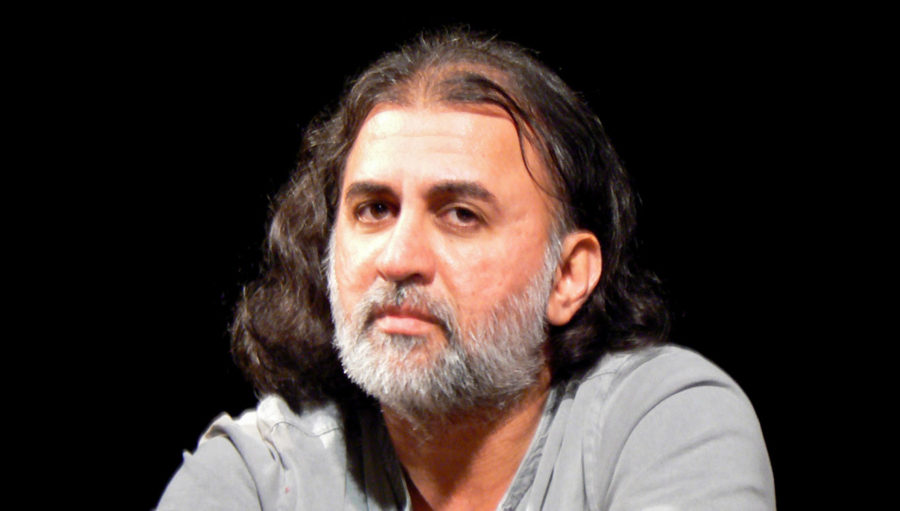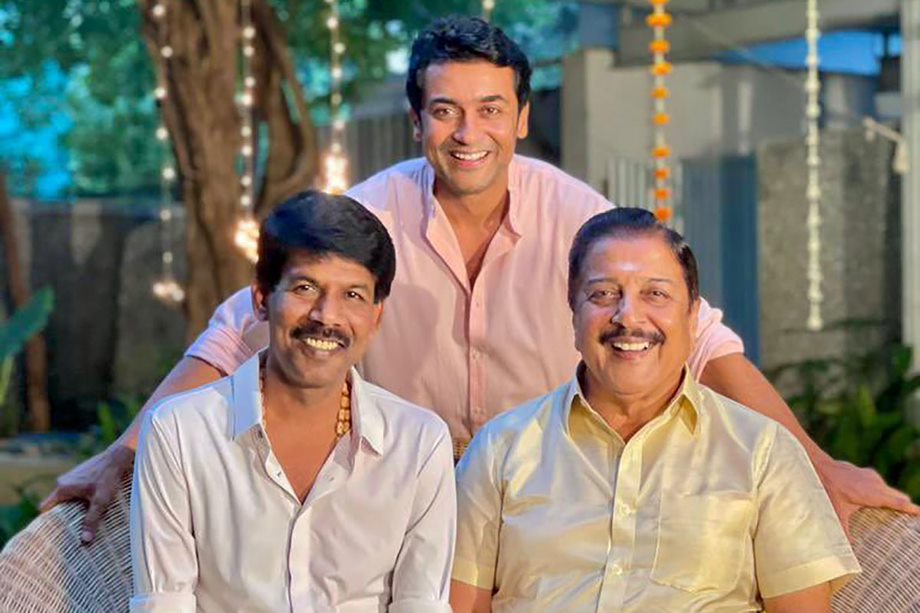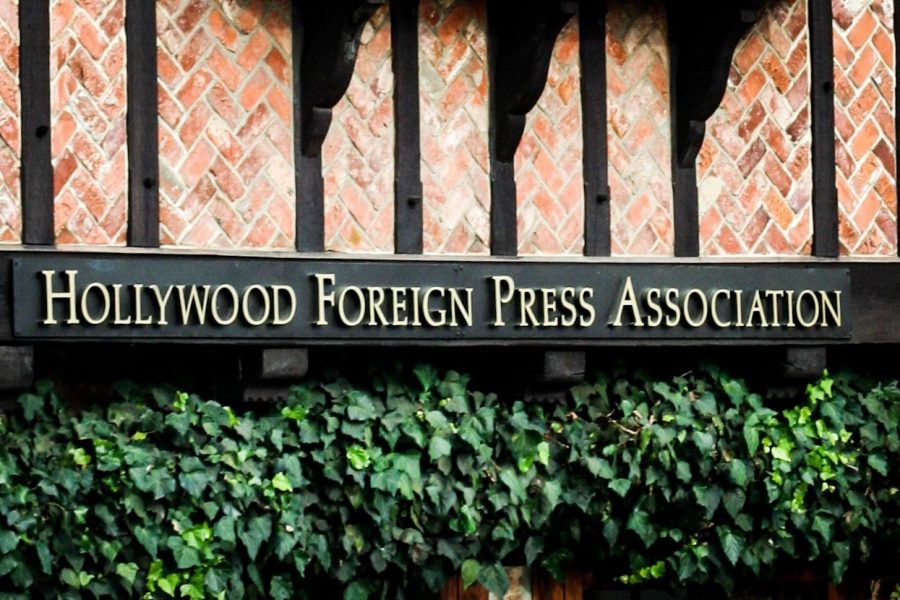The Bombay High Court, on Wednesday, rejected a plea moved by journalist Tarun Tejpal to conduct in-camera hearings in Goa government’s appeal against his acquittal in the 2013 rape case, Live Law reported.
“For reasons to be pronounced separately, the application is hereby rejected,” the court observed orally while listing the matter for further hearing on December 6.
Tejpal, the founder and former editor-in-chief of Tehelka magazine, was accused of forcing himself on one of his junior colleagues inside an elevator of the Grand Hyatt, Bambolim, Goa on November 7 and 8, 2013 during the Think 13 festival, Tehelka’s official annual event.
On November 18, 2013, the survivor filed a complaint with the magazine’s then managing editor Shoma Chaudhry, and in February 2014, the Goa Police Crime Branch filed a 2,846-page charge sheet against Tejpal.
After a trial that went on for over seven years, the Goa Sessions Court acquitted Tejpal of all charges on May 21, 2021 claiming that the survivor “did not demonstrate” rape-victim behaviour as she did not look “terrified or traumatised” enough.
The 527-page order passed by the Goa Sessions Court also illegally revealed the survivor’s identity including her name, email ID, husband’s name, and mother’s name.
Objecting to this, the State moved the Bombay High Court challenging the trial court’s acquittal, seeking amends and a retrial, mentioning that the judgement was “coloured by prejudice and patriarchy.”
Last month, when the Goa bench of the Bombay High Court heard Tejpal’s plea challenging the maintainability of the appeal against his acquittal, the Goa government pointed out that the survivor in the case was “named and shamed” before the bench. It also termed the judgment of the trial court “retrograde” and “fit for fifth century.”
Recommended
During the same hearing, Tejpal’s lawyer also mentioned that they had filed a plea for in-camera hearing of the case, which the Goa government had opposed. The court had said at the time that it would hear this application later.
While Tejpal’s advocate submitted that his plea for in-camera proceedings is in consonance with the fundamental right to a fair trial, the Goa government counsel opposed and remarked that “these are interruptions and not contentions.” The latter also added that the benefit of in-camera proceedings is only available at the trial stage and not during the appellate stage.
To Tejpal’s lawyer’s argument that in-camera proceedings under the mandate of Section 327 CrPC would protect the reputation and interests of both the accused as well as the victim, the court remarked, “The Court protects the victim, the statute protects the victim. It is not your concession.”



